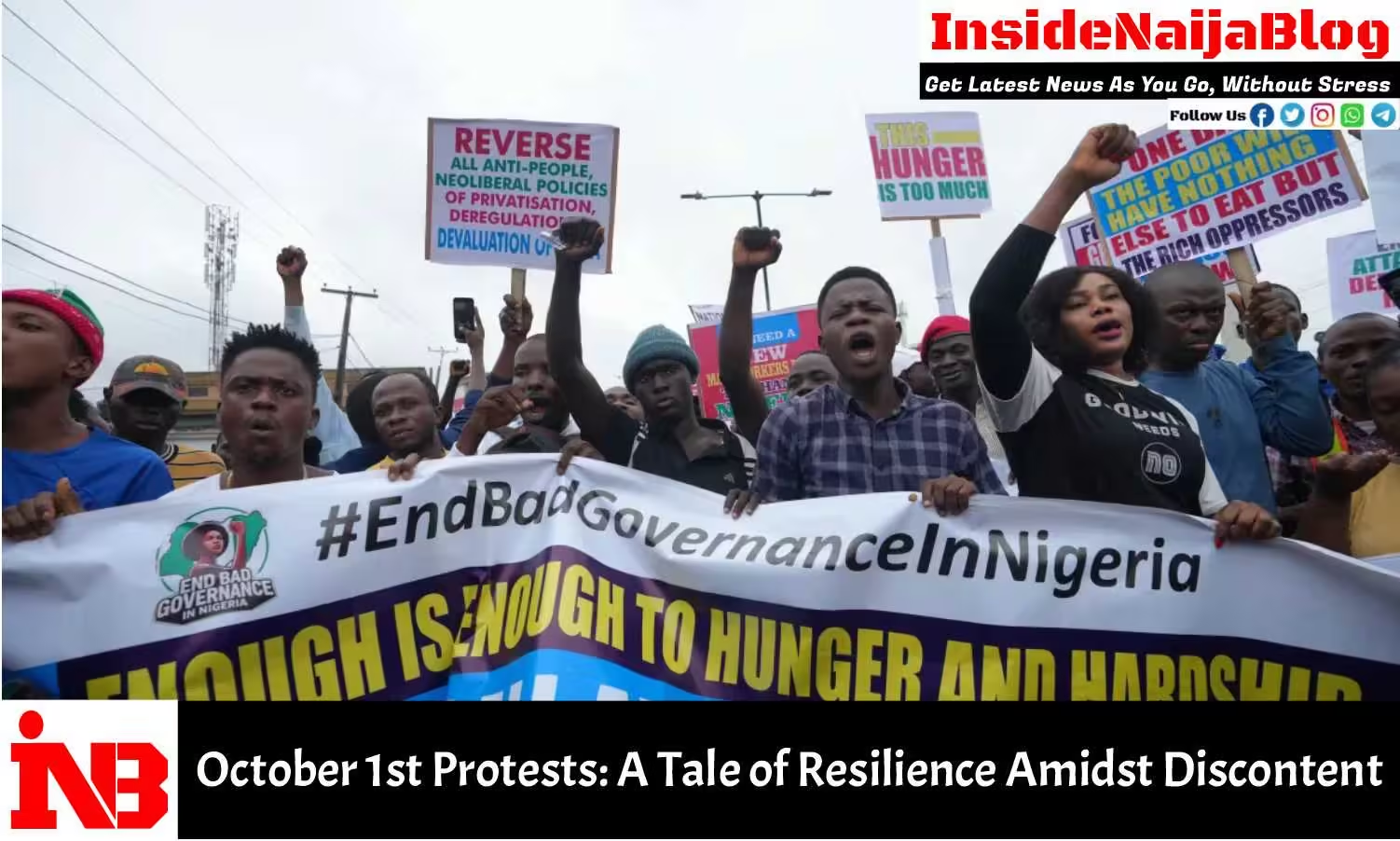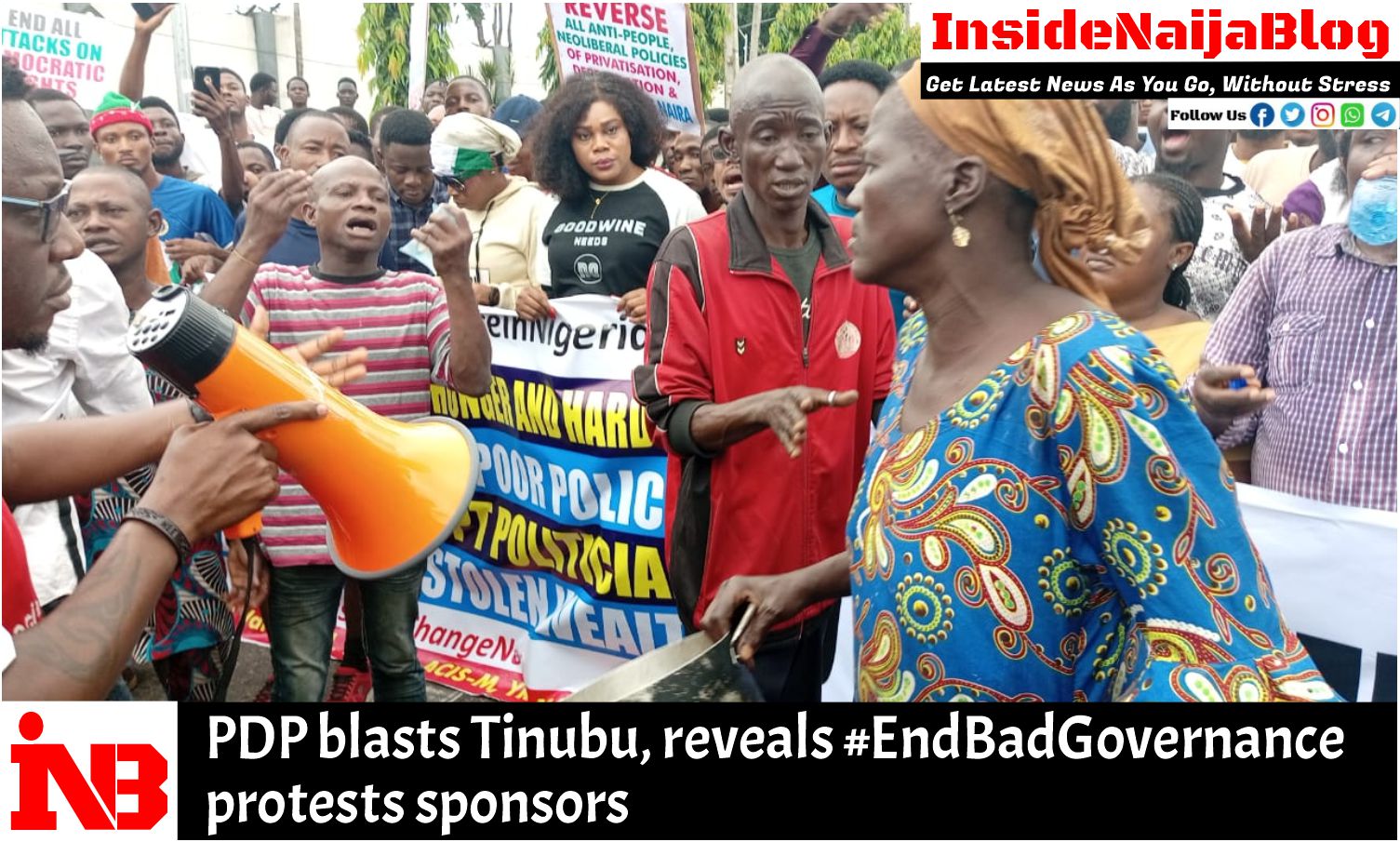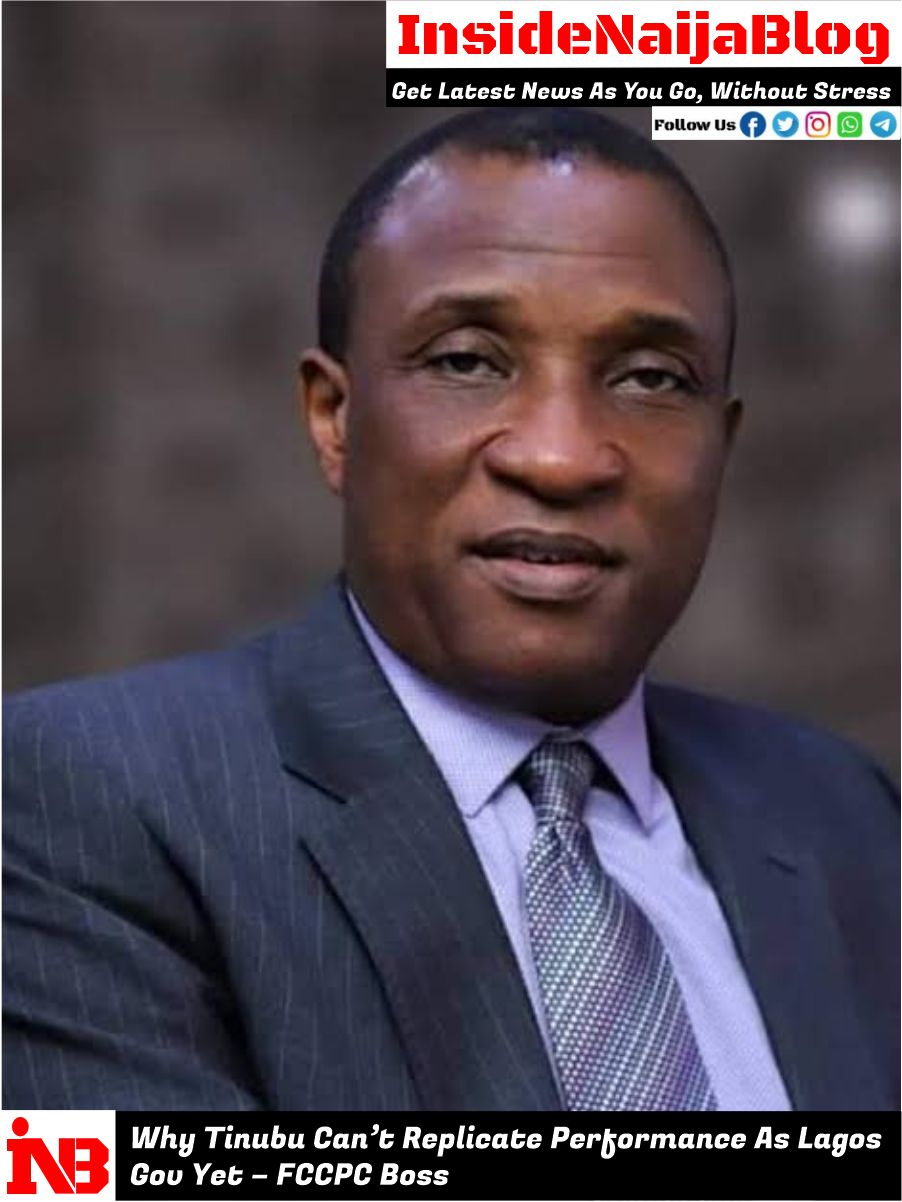On October 1st, Nigeria celebrated its 64th Independence Day, a day that traditionally symbolizes hope and national pride. Yet, this year’s festivities were overshadowed by protests under the banner of the #FearlessInOctober movement, which aimed to address the mounting frustrations of Nigerians grappling with economic hardship and governance issues. Despite the significance of the day, the turnout for the protests was notably low across the Federal Capital Territory (FCT) and several states, a development that raised eyebrows amid the overwhelming presence of security operatives determined to maintain order.
Protestors vs. Government Initiatives
The organizers of the protest, the Take It Back Movement, launched a vehement critique against President Bola Tinubu’s announcement of a planned 30-day National Youth Conference, labeling it a “jamboree.” The group asserted that the conference was merely a tactic designed to placate the youth and reward the President’s supporters, rather than a genuine effort to engage with the pressing challenges faced by Nigeria’s younger generation.
In his Independence Day address, President Tinubu emphasized that the conference would serve as a platform for young people to collaboratively explore solutions to issues such as education, employment, innovation, security, and social justice. He noted that over 60% of Nigeria’s population comprises youth, thus underscoring the importance of their engagement in national discourse. However, critics swiftly pointed out that such initiatives often do not translate into actionable policies or real change.
Juwon Sanyaolu, the National Coordinator of the Take It Back Movement, articulated his discontent by questioning the President’s priorities. He stated, “What confab did he organise before he awarded a private jet to himself costing billions?” Such remarks highlighted a broader sentiment among the protesters that the government’s focus remains misaligned with the realities of everyday Nigerians struggling with economic challenges.
Sanyaolu’s sentiments were echoed by many participants in the protests, who gathered in various locations to voice their frustrations and demand tangible solutions instead of mere dialogue. “We need action, not words,” they chanted, as they called for accountability from the government. The slogans on their placards echoed demands for a review of policies causing economic hardship, including rising fuel prices and inflationary pressures that have left many Nigerians struggling to make ends meet.
The Response of the Government
In anticipation of the protests, security forces were deployed across key locations in the capital, including Eagle Square and major junctions, to maintain order and prevent potential disruptions. This substantial security presence was indicative of the government’s resolve to control the narrative surrounding the protests. Eyewitness accounts indicated that police officers used tear gas to disperse peaceful protesters, creating a tense atmosphere that drew condemnation from various quarters.
The FCT police, while denying accusations of violence against demonstrators, insisted their actions were necessary to prevent looting during the protests. “We cannot stand by and allow traders to be robbed of their hard-earned money and belongings,” stated FCT police spokesperson Josephine Adeh. However, many on the ground contested this narrative, insisting that the police response was excessive and aimed at quelling dissent.
As the protests unfolded in Abuja, the government was faced with the challenge of managing public sentiment while simultaneously addressing the economic issues that had sparked the unrest. The Minister of State for Youth Development, Ayodele Olawande, emphasized the government’s commitment to engaging the youth through the proposed conference. He outlined plans to establish an implementation task force to act on the recommendations from the conference, asserting that the government was keen on translating discussions into concrete actions.
Diverging Opinions on the Youth Conference
The divide over the planned youth conference underscores the complexities of Nigeria’s political landscape. While some factions within the government and allied youth organizations have lauded the initiative as a progressive step towards engagement, many critics, including opposition parties such as the Peoples Democratic Party (PDP) and the Coalition for United Political Parties (CUPP), have dismissed it as a misallocation of resources. The PDP’s Deputy National Youth Leader, Timothy Osadolor, accused the President of being “bereft of ideas” on governance, emphasizing that what Nigeria truly needs is not a youth conference, but rather an economic summit to address the urgent challenges facing the nation.
Ahanotu, the Labour Party’s National Youth Leader, similarly criticized the conference as a superficial approach, stating, “What Nigerian youths have been asking for is good governance.” This sentiment resonated with many protesters who feel that discussions should translate into tangible policies that address issues such as transportation, healthcare, and education—areas they believe are in dire need of reform.
In contrast, supporters of the initiative, including the APC’s Director of Publicity, Bala Ibrahim, argued that the conference represents a crucial opportunity for the youth to engage politically and prepare for leadership roles in Nigeria’s future. Ibrahim urged the protesting youth to reconsider their positions, emphasizing that the President’s intentions were genuinely aimed at benefiting the country.
Protests Across the Nation
While Abuja served as the epicenter for the
#FearlessInOctober movement, protests were also attempted in cities such as Lagos, Port Harcourt, and Abeokuta. In Lagos, demonstrators gathered under the watchful eye of law enforcement, chanting solidarity songs and holding placards bearing messages such as “Reverse electricity tariff now” and “Reduce petrol price to N197 per litre.” Despite the heavy security presence, the protesters pressed on, expressing their dissatisfaction with the current state of affairs.
However, in other states, the anticipated protests were either heavily monitored or completely thwarted by law enforcement. In Ogun State, for instance, a heavy presence of soldiers and police was reported at the MKO Abiola Stadium, one of the venues approved for the protest, but no demonstrators were seen. Similarly, in Kano, a planned protest was aborted following the alleged arrest of several organizers, leading to a sense of resignation among would-be participants.
Reports from Port Harcourt highlighted the challenges faced by protest leaders, who alleged that they were attacked by thugs accompanied by security operatives. In contrast to the protests, some youths in states like Adamawa staged solidarity walks in support of the President, further complicating the narrative of national discontent.
The Future of Protests and Youth Engagement
Despite the challenges faced during the October 1st protests, the organizers have signaled that their movement is far from over. Sanyaolu stated that while the current demonstrations may have seen lower turnout, plans are in place to announce new dates for future protests that aim to draw greater participation. The determination to continue the struggle for better governance reflects a resilience among the youth that is crucial for any meaningful change in Nigeria.
The mixed reactions to both the protests and the government’s proposed youth conference signal a critical moment in Nigeria’s political discourse. As young people, who make up a significant portion of the population, continue to demand accountability and effective governance, the government must navigate a delicate balance between maintaining order and addressing the legitimate grievances of its citizens.
As Nigeria reflects on its 64th Independence Day, the events of October 1st serve as a stark reminder of the ongoing struggle between a government seeking to assert its agenda and a populace demanding accountability and change. Whether through protests or conferences, the pursuit of a better Nigeria continues, driven by a resilient youth determined to shape their future. The narrative of October 1st will undoubtedly be a chapter in Nigeria’s ongoing journey toward a more equitable and just society, as young people rise to the occasion, demanding their rightful place in the nation’s future.




